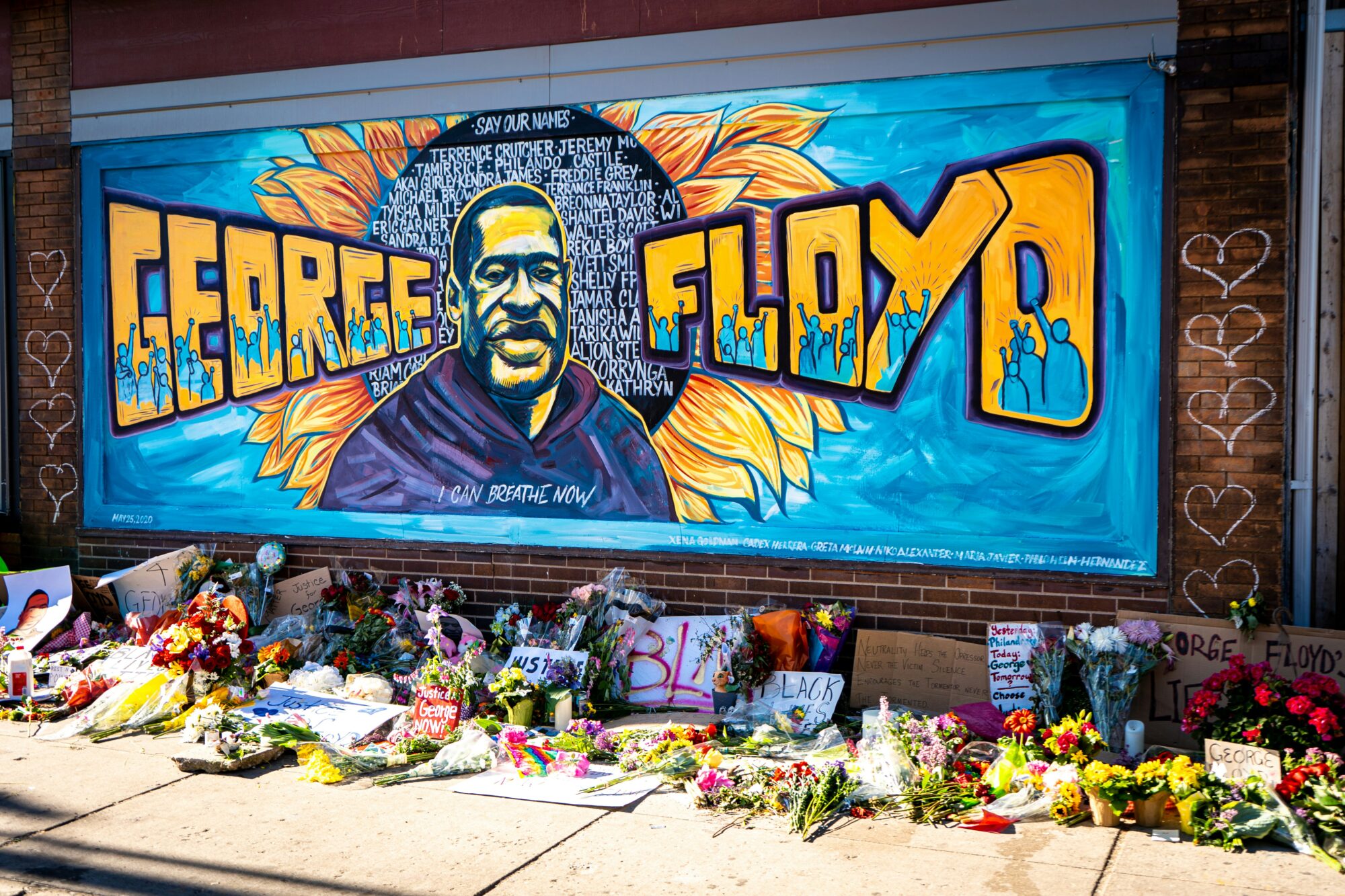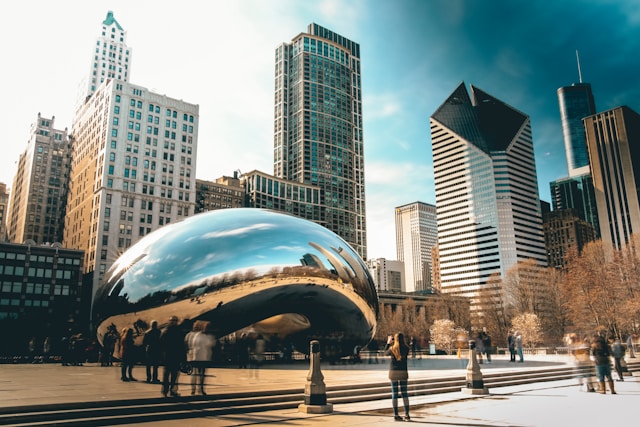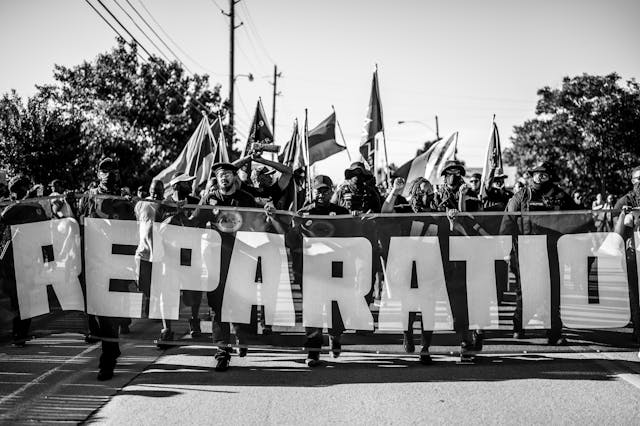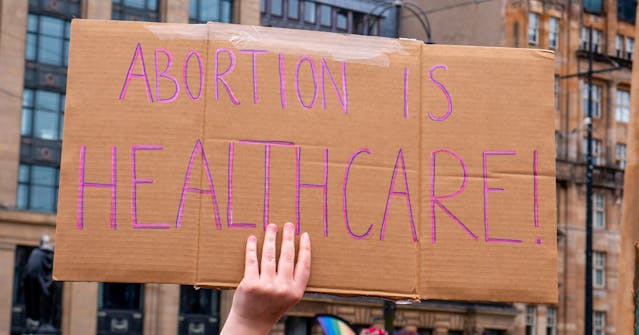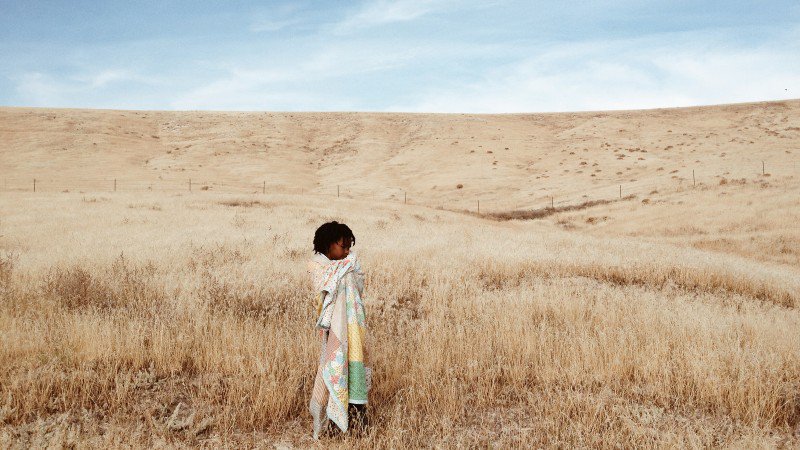
By: Brentin Mock
The same people and organizations we admire for protecting our wild places also have a history of being apathetic—or plain antagonistic—toward issues of race and social justice
Facing a new White House administration led by Donald Trump, environmental leaders recently signed an accord pledging their allegiance to civil rights and social justice. Among the signatories are several leaders of the Sierra Club, including its executive director, Michael Brune, who in recent years has steered the organization toward rather bold stances on a range of issues that aren’t traditionally recognized as “green.” In 2013, its board of directors voted that the organization should advocate for immigrant rights. The following year, the Sierra Club endorsed and defended the Black Lives Matter movement. Since President Trump came into office, the organization’s resolve has only strengthened, as Brune indicated in a November 18 blog post: “I’m proud of how the Sierra Club has begun to address the intersection of climate with inequality, race, class, and gender, and I guarantee that we’ll go even deeper.”
This shift toward racial justice matters has not been universally accepted among the Sierra Club’s ranks and may even have cost it a few members. Those who disapprove have often expressed sentiments amounting to “racism is not the environmental movement’s responsibility.” But Brune says the organization won’t be backing off anytime soon, a position he forcefully defended on the group’s blog. He will assure his members, he tells me, “that we are continuing to protect wildlife and wild places, and this is how we can best do that in the 21st century.” (Read more)

